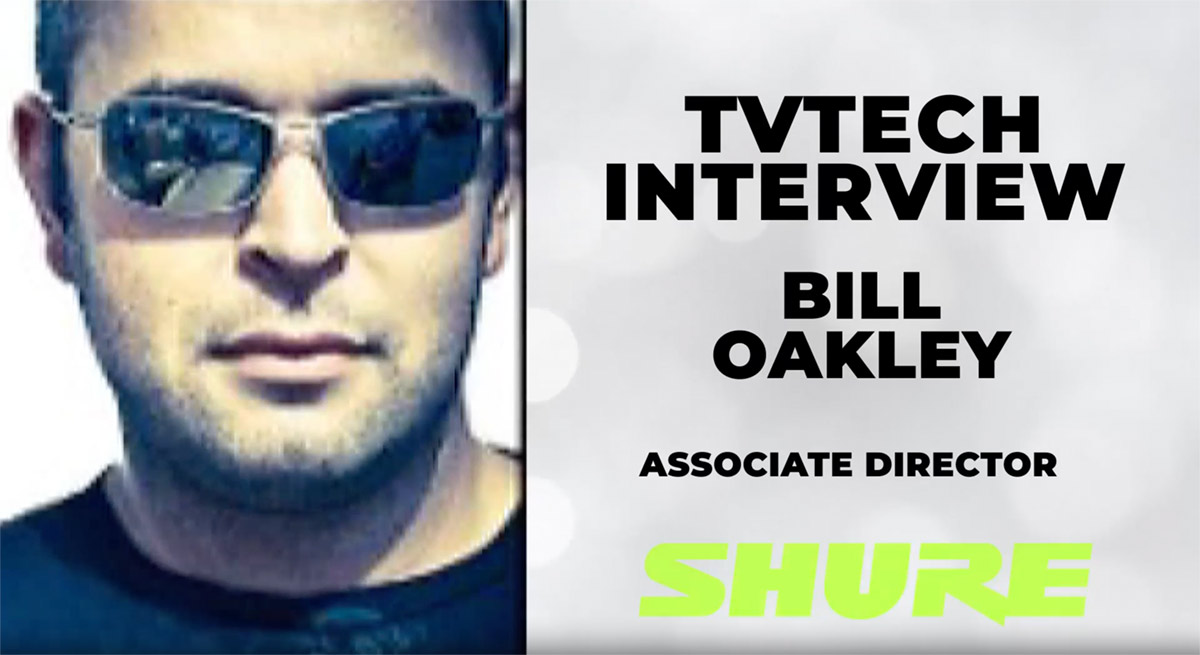FCC chairman says Comcast Internet policy is troubling

FCC chairman Kevin Martin said that he is disturbed that Comcast, the nation’s largest cable company, at first denied slowing peer-to-peer content use on its networks, only to later claim the practice was standard and necessary.
Martin, in answer to a question at Stanford University Law School on March 7, suggested that Comcast had already undermined its position. “A hallmark of what should be seen as a reasonable business practice is certainly whether or not the people engaging in that practice are willing to describe it publicly,” Martin said.
Critics have charged that Comcast has violated the FCC’s net neutrality policy, which states that companies cannot give preferential treatment to the data passing through their wires, just as phone companies cannot decide what conversations are important.
Comcast, after first denying the practice, said that without what it calls “traffic shaping,“ a minority of heavy Internet users can degrade the experience for most users. The cable operator claimed it did not block traffic, but only delayed it at peak periods of use.
Martin told the Stanford audience that Internet service providers should disclose upfront to consumers that data may be blocked or delayed.
The “Wall Street Journal” reported that Martin refused, however, to say what penalties Comcast could face if found guilty. In the past, however, he has suggested fines as high as $195,000 for every subscriber impacted by illegitimate bandwidth controls.
The professional video industry's #1 source for news, trends and product and tech information. Sign up below.
